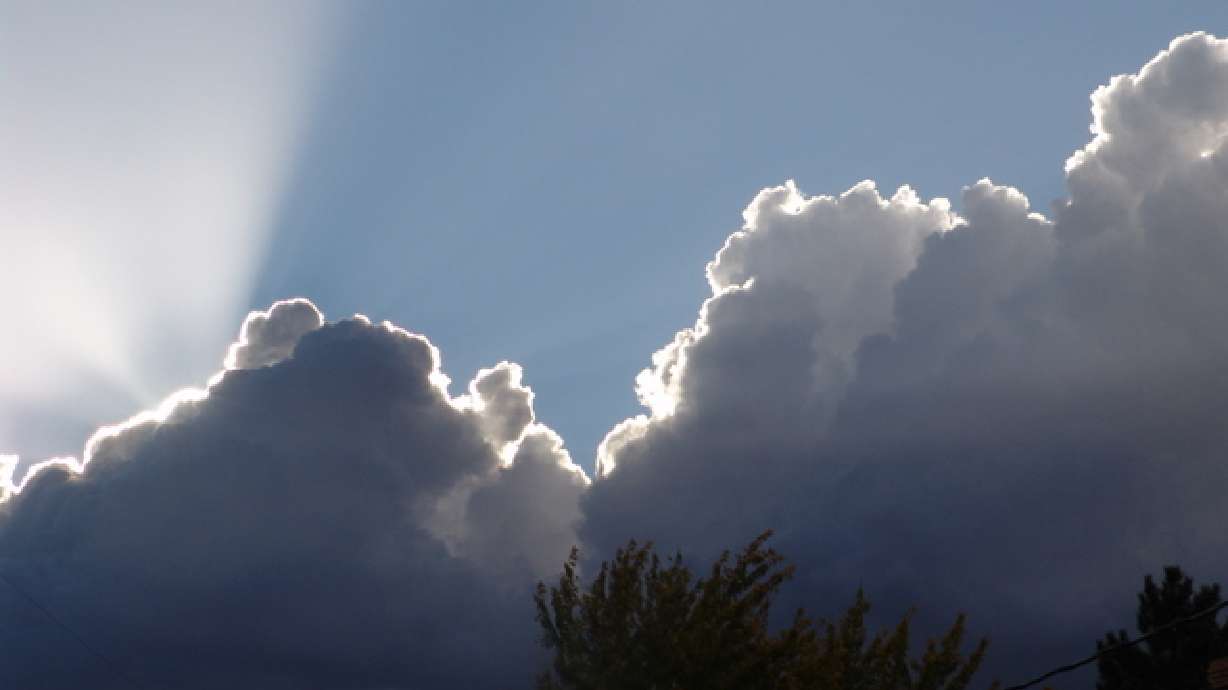Estimated read time: 2-3 minutes
This archived news story is available only for your personal, non-commercial use. Information in the story may be outdated or superseded by additional information. Reading or replaying the story in its archived form does not constitute a republication of the story.
I'm wondering why local TV weather forecasts are sometimes so different from one channel to another. In the same evening, Mark may say no rain in the forecast, but Dan, on another network, may say there will be showers all day? Thanks! Kathy **********************************************************
A good question Kathy, this one pops up from time to time. Let's first look at how we get our weather data and go from there. Every day we get our data from the National Weather Service and NOAA, most of it is free and it's all available on the web and through our weather computers here at KSL. We take that data and information and make a forecast. We make forecasts here, the NWS in SLC makes forecasts and so do people who work at places like weather.com.
Each forecaster makes his or her own forecast. There are some people who are "weather presenters" and those people usually get forecasts from the NWS. Since each forecaster is doing his or her own work, it comes down to opinion basically. When we look at numerical weather prediction models and our other weather charts, we decided what our forecast is.
People like Mark who have been here a very long time might think differently than say a novice mountain forecaster or someone with a little less experience. Based on his past experiences, he may feel differently about a storm than someone else. Every forecaster tries their hardest and they give you their best opinion or "guess" of the weather based on the data they've received. We don't intentionally try to get the forecast wrong or try to undermine your outdoor plans!
This is why the forecast from one source to another may differ, whether it's tv or through a website or the NWS. One more point to this answer as well. Graphically, forecasts sometimes cannot portray what really will happen as well as a verbal forecast. For example, say you are watching your tv with the sound off and you might see a cloud with a rain drop in tomorrow's forecast. So you logically think "well it's going to rain tomorrow, I better bring my galoshes....". But in actuality, the forecaster is saying "it's going be raining in the morning and be finished by lunch time.". This might not make a difference to you if you are working inside all day, but if you have a job where you need to work outdoors, that's important information. Listening to the forecaster on the news is key to getting the best weather information available. In that 3 minutes of weather time you can really pick up finite details of the forecast.
Answered by KSL Meteorologist Dina Freedman.









